Asian, African grocers in Halifax surviving despite high costs
Four small business owners talk about food inflation
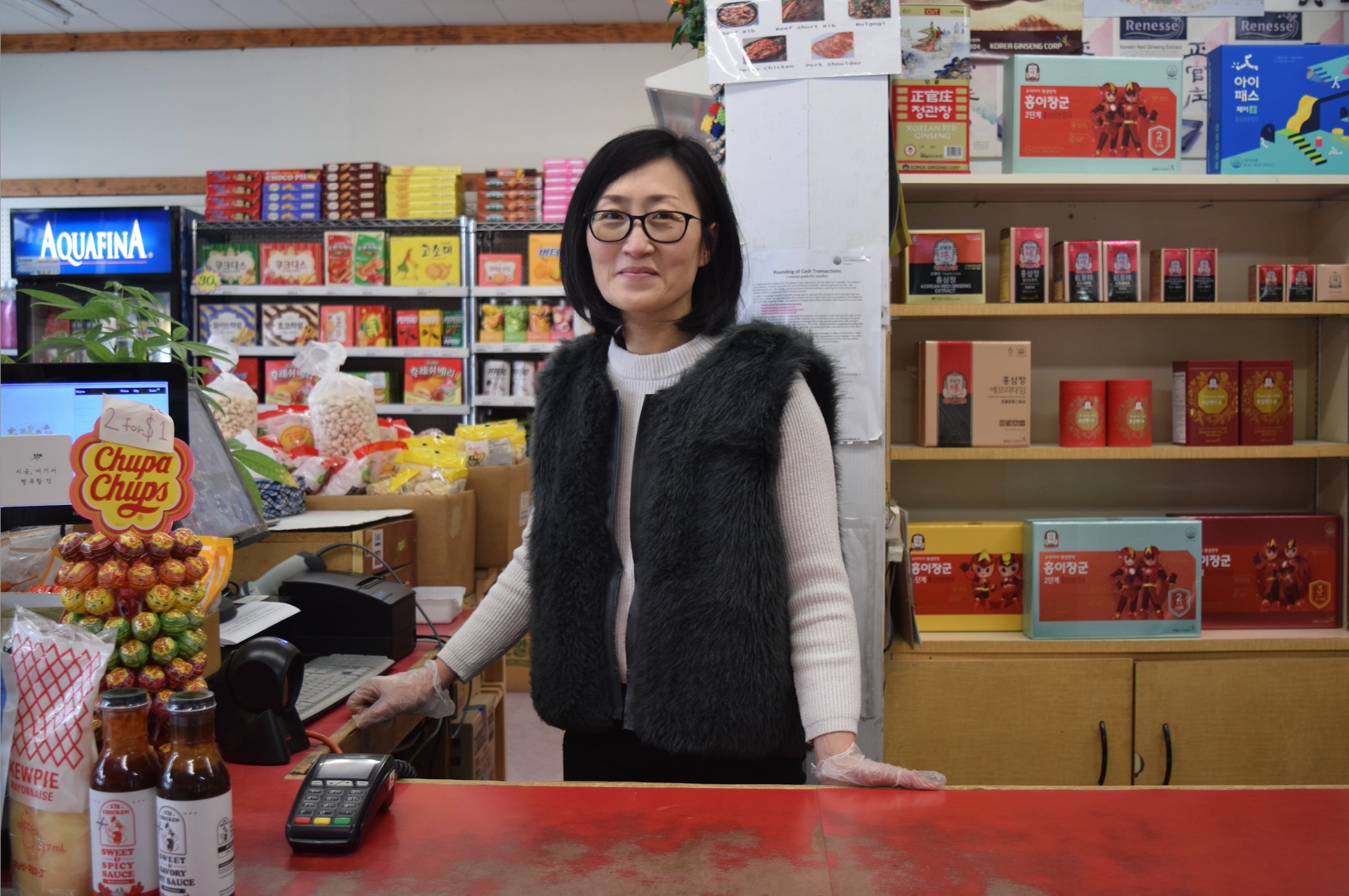
caption
Although the store is busy, JJ Korean Mart Sohee Moon said business is “not very good.”Ethnic grocery store owners around Halifax say margins are thinning as the price for groceries keeps getting higher.
But these grocers still compete with major grocery chains because they carry products their communities just can’t get anywhere else.
As of November 2022, 50 per cent of small businesses in Nova Scotia are below normal sales, according to a Canadian Federation of Independent Business survey. Fifteen per cent of them are at risk of closure.
Flenjor Foods
Olakunle Fakiyesi and his wife Oladiwura opened Flenjor Foods in Spryfield in 2019. He said transportation costs quadrupled in the past two years.
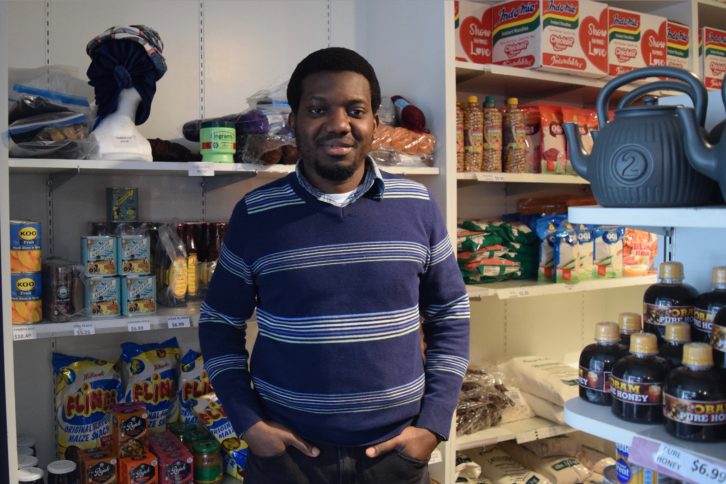
caption
Flenjor Foods co-owner Olakunle Fakiyesi said he and his wife noticed a need for African foods in the HRM, not only in provision but also in quantity.Since they import 90 per cent of their African products, he said they have two options: either stop carrying the products people can’t get anywhere else or pass the costs onto the customers.
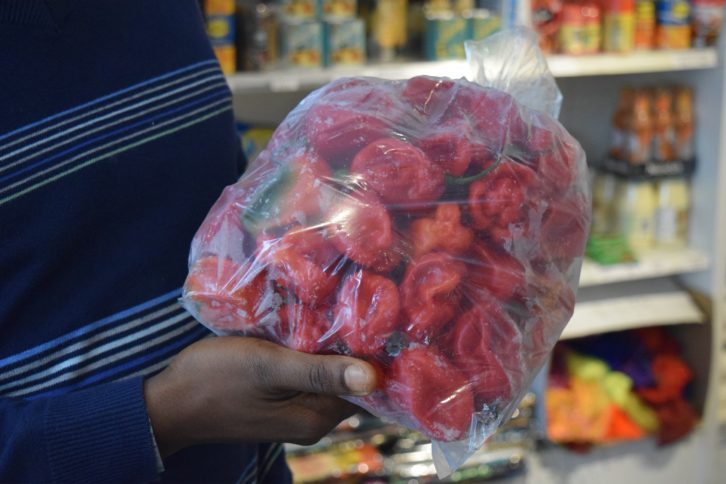
caption
Bags of Scotch bonnet peppers used to be sold by the case at Flenjor Foods.Both cases are “hard to justify to customers,” according to Fakiyesi.
As a “workaround” for those spending less, he said they’ve split cases of produce like Scotch bonnet peppers into bags.
“It’s really difficult for people to come in and buy a case as they would,” Fakiyesi said, “but they still need the product. So now they can get it in smaller quantities.”
Fakiyesi and his wife moved to Halifax from Nigeria in 2016. They serve a wide variety of African food from many parts of the continent for communities here because there are so few places in HRM that even have African food.
Union Foodmart
Union Foodmart opened two years ago in Dartmouth — during the pandemic — and surviving inflation is hard, according to part-owner King Yuen.
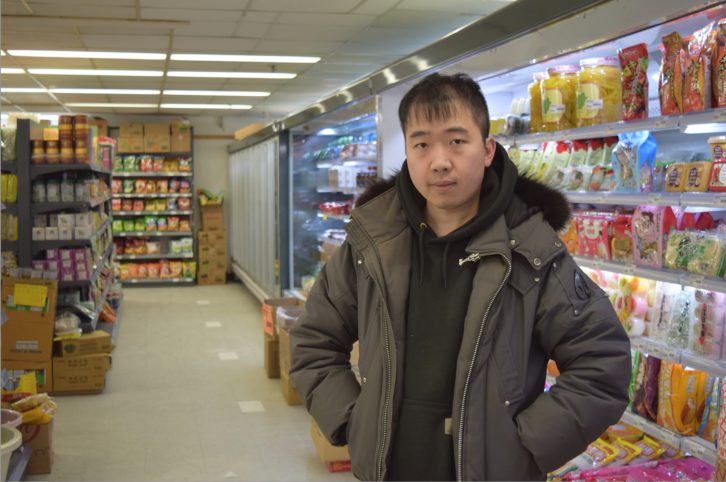
caption
Union Foodmart part-owner King Yuen said the store once received around 120 customers a day. Now, it’s down to half.To increase traffic, Yuen said they’ve expanded from supplying Chinese groceries to foods from other Asian countries like Japan, Korea, and the Philippines.
“Hopefully more products attract different types of people and more people come,” he said.
The store carries fresh vegetables like watercress, yu choy and winter melon that are hard to find in the area.
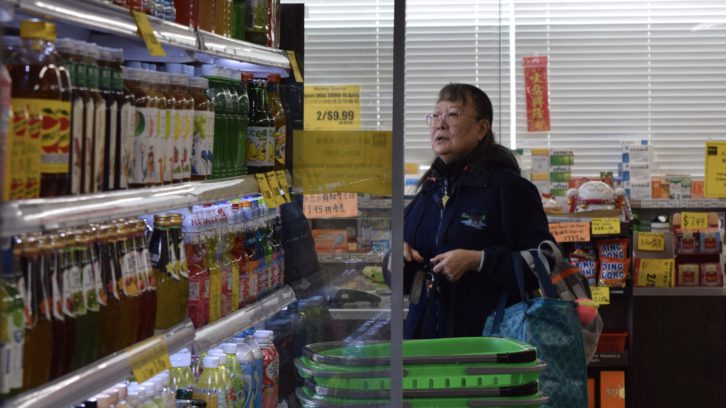
caption
Ethnic grocery stores around Halifax are thinning margins to keep customers during food inflation.
Yuen said he hopes the provincial government will do more to support small businesses through subsidies so they can survive.
Khan’s HFX
Khan’s HFX is a family-run grocery store that sells Halal food in Spryfield.
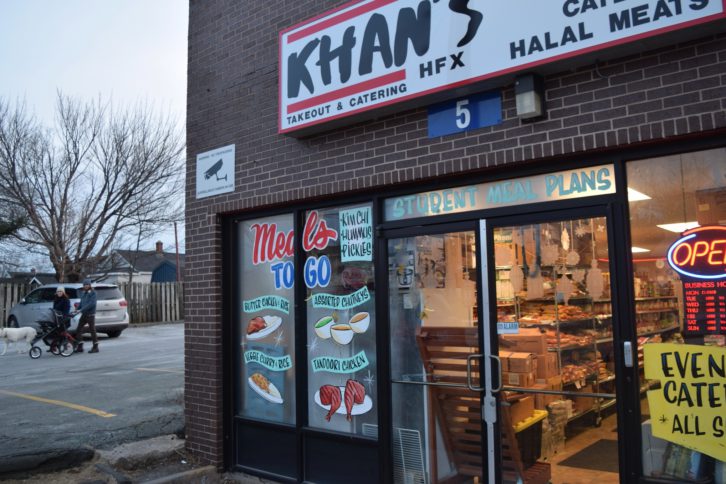
caption
Khan’s HFX owner Khurshid Khan said he has sold Halal meat in Halifax since 1984.Recently, inflation has impacted the business “too much,” according to owner Khurshid Khan.
“Customers are buying less because they don’t have enough money. They’re cutting down too,” Khan said.
To understand what their customers are willing to spend, the Khan family checks in with surveys to make sure they’re giving good portions for the price they set.
“They’re the ones who buy from us and they support us,” Khan said, “not the other way around.”
JJ Korean Mart
JJ Korean Mart opened in Halifax’s North End in 1996 but owner Sohee Moon took over the establishment three years ago.
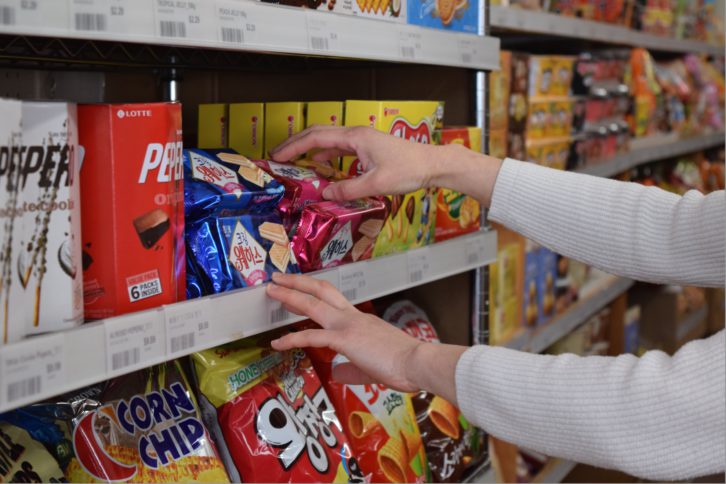
caption
Right now, Moon said half of her customers only buy one or two items when they come in.It carries a large variety of Korean staples like imported kimchee brands, jjigae sauces and thinly sliced, frozen hot pot meats.
According to Moon, customers can no longer afford to spend as much as they used to. But still, people need to eat.
The total amount of customers “is not very different,” she said, “but the amount they purchase is less.”
About the author
Chase Fitzgerald
Chase is a fourth-year journalism student from Mississauga, Ontario.
